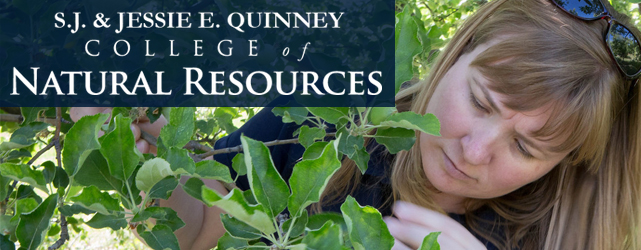Adaptations by Long-Term Commercial Fishing Families in the California Bight: Coping with Changing Coastal Ecological and Social Systems
Document Type
Article
Journal/Book Title
Human Organization
Publication Date
2005
Volume
64
Issue
3
First Page
225
Last Page
239
Abstract
Our case study explores how 51 long-term commercial fishing households adapted to changing ecological and social systems of the California Bight from the 1960s to the 1990s. We explore fishing operation, household, and collective action strategies for adapting to change. While long-term fishermen expressed some similar motivations for commercial fishing, strategies that they and their families pursued to remain in fishing were highly individualized. Only a little over half of this group fished full-time continuously since they began fishing, with some leaving fishing and returning, or supplementing their fishing effort with other employment. At the household level, most spouses were employed outside of fishing and most made contributions to support the fishing operation. At the collective action level, few of these households were actively involved in fishing organizations and most were dissatisfied with cooperation among fishermen. Consistent with other literature, we observe that fisheries managers and scientists have not adequately accounted for the adaptability of fishermen. At the same time, difficulties fishermen have confronted in the policy arena may partly reflect their success in adapting to broader social and ecological changes at the individual and household levels.
Recommended Citation
Endter-Wada, J. and S. Keenan. 2005. Adaptations by Long-Term Commercial Fishing Families in the California Bight: Coping with Changing Coastal Ecological and Social Systems. Human Organization 64(3):225-239. 0018-7259/05/030225-15$2.00/1






Comments
Published in the Journal of the Society for Applied Anthropology.
Publisher holds copyright on this work and may require a subscription or payment to access it.
To request an individual copy of this publication, send an email to Joanna.Endter-Wada@usu.edu. Please put “PUBLICATION REQUEST" in the subject line and name of the publication you are requesting in the body of the email.